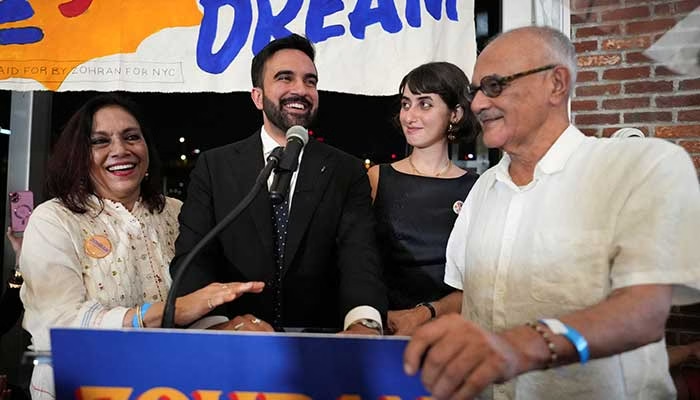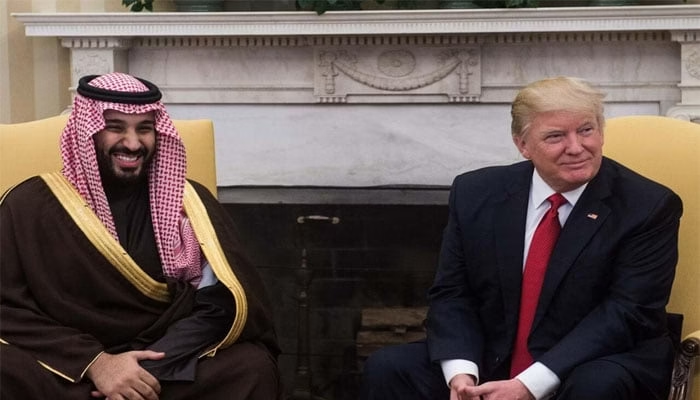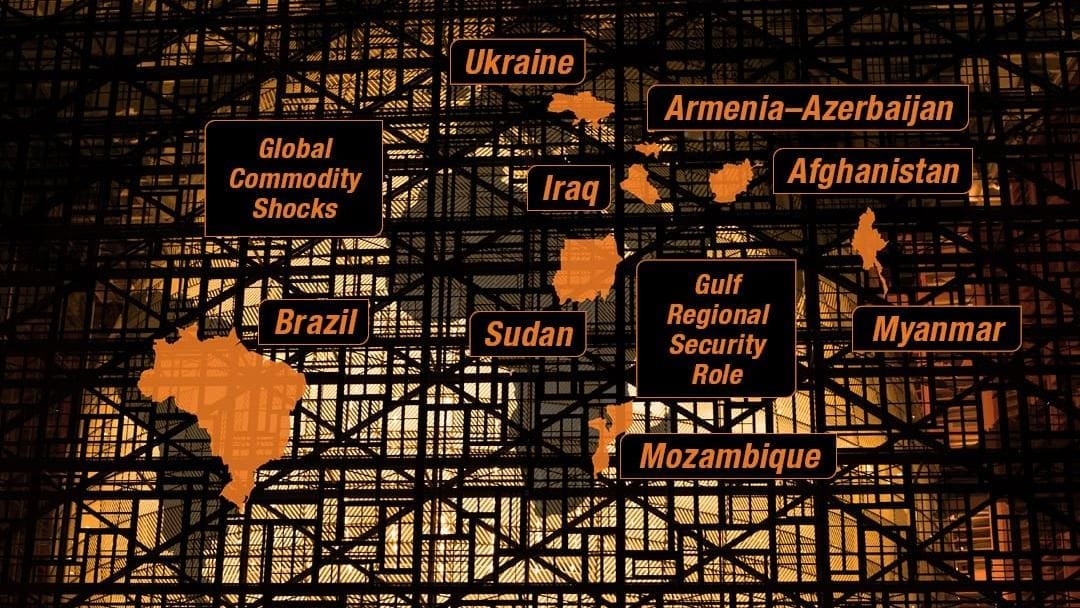Following his groundbreaking victory in the New York City Democratic mayoral primary, Zohran Mamdani has become the target of a disturbing spike in anti-Muslim hate, threats, and online abuse. Mamdani, a 33-year-old state lawmaker and self-identified democratic socialist, would be the first Muslim and Indian-American mayor of the city if elected in November. But as his political star rises, so does the hate — fueled by far-right figures and Islamophobic rhetoric.
Spike in Hate Speech and Threats
According to CAIR Action, a watchdog arm of the Council on American-Islamic Relations, violent, hate-filled online posts about Mamdani surged fivefold in the 24 hours after the primary election. The group recorded 127 violent, Islamophobic incidents linked to Mamdani or his campaign on the day after the polls closed — a dramatic jump compared to the daily average tracked earlier this month.
In total, CAIR Action identified more than 6,200 hostile online posts containing anti-Muslim slurs or sentiment in that same timeframe. Most of these, around 62%, originated from X (formerly Twitter) — a platform increasingly criticized for the unchecked spread of hate speech since its acquisition by Elon Musk.
Basim Elkarra, executive director of CAIR Action, condemned the wave of online vitriol and urged bipartisan political leaders to speak out:
We call on public officials of every party — including those whose allies are amplifying these smears — to unequivocally condemn Islamophobia.
Trump Allies Lead Islamophobic Attacks
Among the voices stoking the fire were Donald Trump Jr. and Congresswoman Marjorie Taylor Greene, both of whom made inflammatory posts. Trump Jr. shared a post implying that Mamdani’s win was akin to New Yorkers voting for 9/11, adding the comment, New York City has fallen.Meanwhile, Greene posted an AI-generated image of the Statue of Liberty in a burqa, an overtly Islamophobic gesture widely condemned across social media.
The New York Police Department’s hate crimes unit has confirmed it is investigating threats made against Mamdani. This includes explicit death threats and other messages invoking terrorism and violent imagery.
These tactics echo previous attacks on other prominent South Asian and Muslim political figures in the U.S., including Vice President Kamala Harris, Congresswomen Ilhan Omar and Rashida Tlaib, and others who have dared to speak up for Palestinian human rights or challenge the status quo on foreign policy.
Political Smears and False Equivalencies
Mamdani has also faced accusations of antisemitism from some conservative critics, primarily due to his outspoken pro-Palestinian stance and criticism of Israel’s military actions in Gaza. These claims, however, have been widely challenged — including by New York City Comptroller Brad Lander, a Jewish politician who also ran in the Democratic primary and supports Mamdani.
Mamdani has publicly condemned antisemitism and stressed the importance of separating legitimate critiques of Israeli government policy from genuine hate.
It’s disingenuous and dangerous to conflate criticism of state violence with bigotry against a people, Mamdani said in a recent interview.
Rights groups point out that this conflation is part of a growing trend. Since the Israel-Gaza war reignited in October 2023, both antisemitism and Islamophobia have sharply increased across the U.S., resulting in violent hate crimes, including the murder of a young Muslim boy in Illinois and the shooting of Israeli embassy staff in Washington, D.C.
A New Political Era or Old Prejudices?
Born in Uganda to Indian parents, Zohran Mamdani represents a new generation of American politicians — one that is more diverse, progressive, and connected to grassroots activism. His rise reflects changing demographics and a broader push for representation and equity. But the backlash he now faces highlights just how much resistance still exists within certain corners of American society.
Despite the flood of hate, Mamdani’s supporters remain hopeful. Many believe that his campaign — rooted in social justice, economic reform, and inclusivity — is not only a fight for City Hall but a symbol of progress in the ongoing struggle against bigotry and hate.
As the November general election approaches, Mamdani’s story will likely remain at the heart of a broader national debate — one that tests America’s commitments to both free speech and religious freedom, and whether a Muslim candidate can win, not just at the polls, but in the public square.



